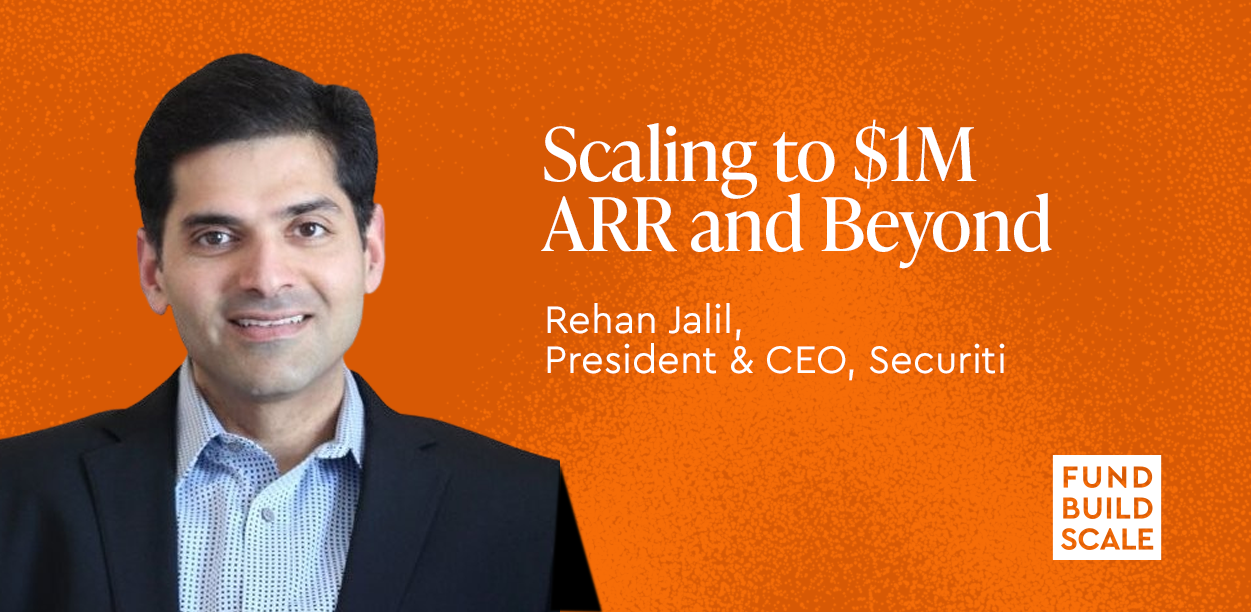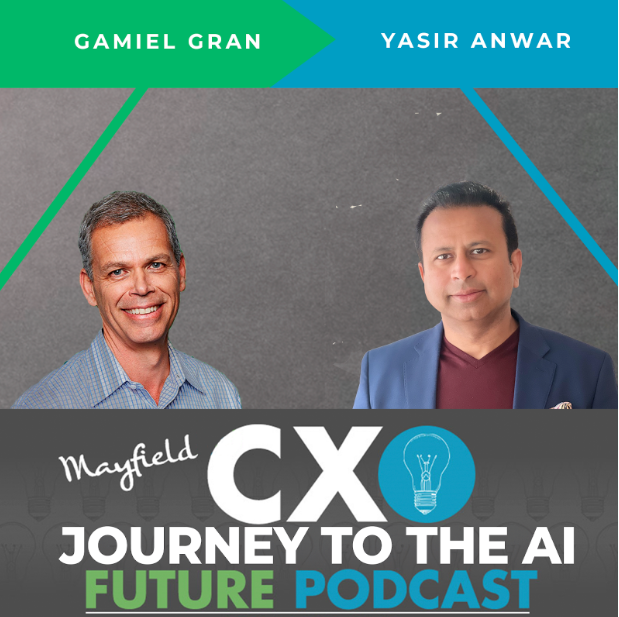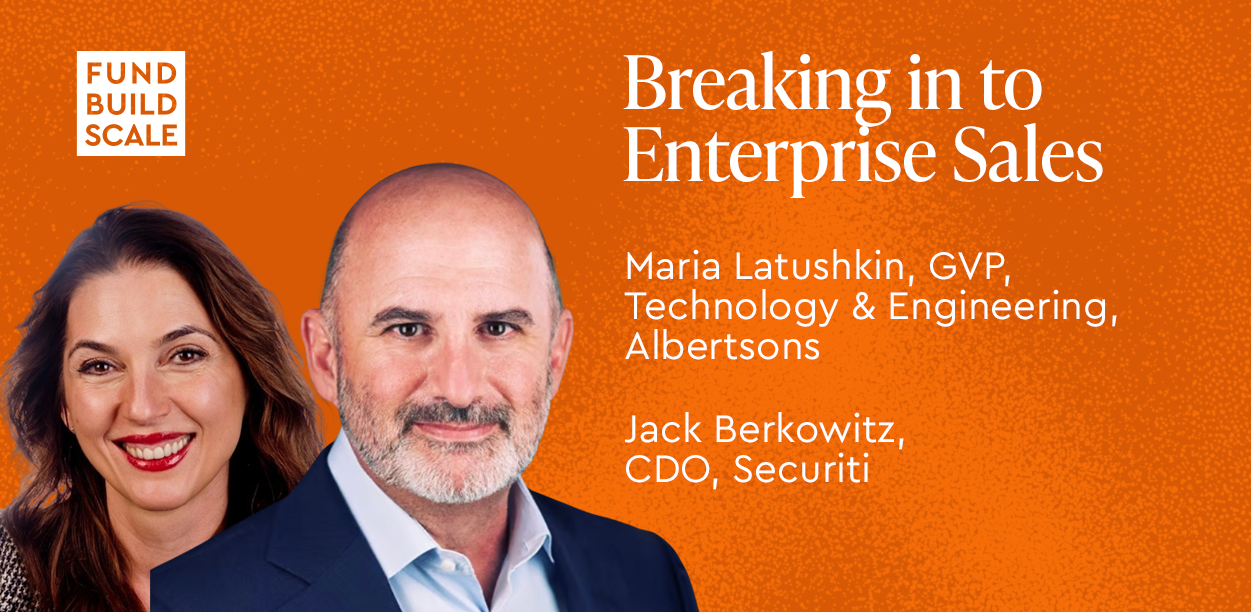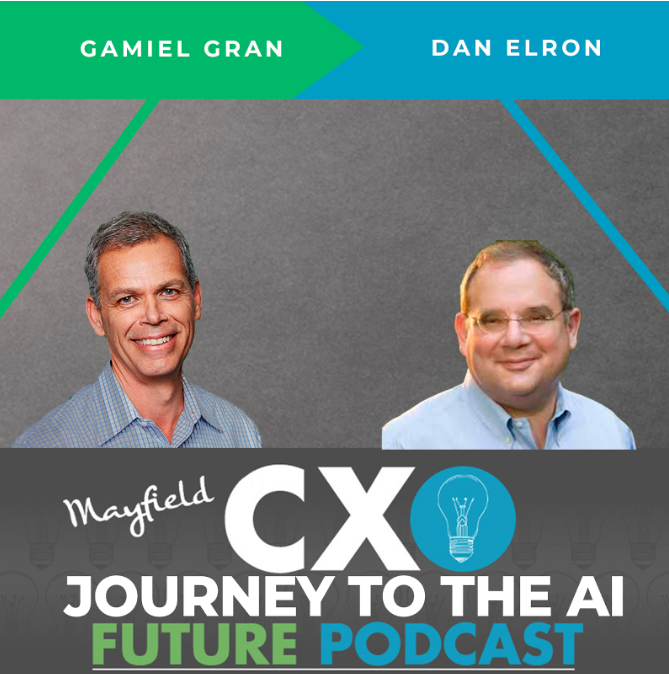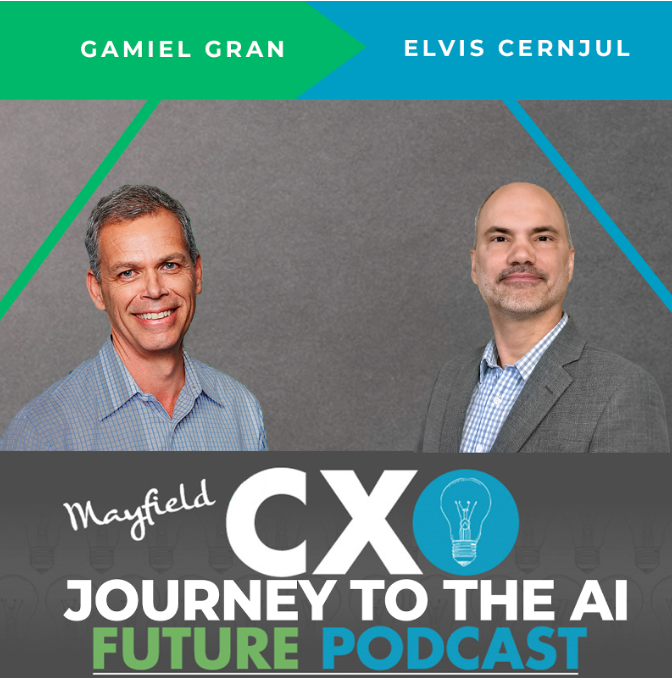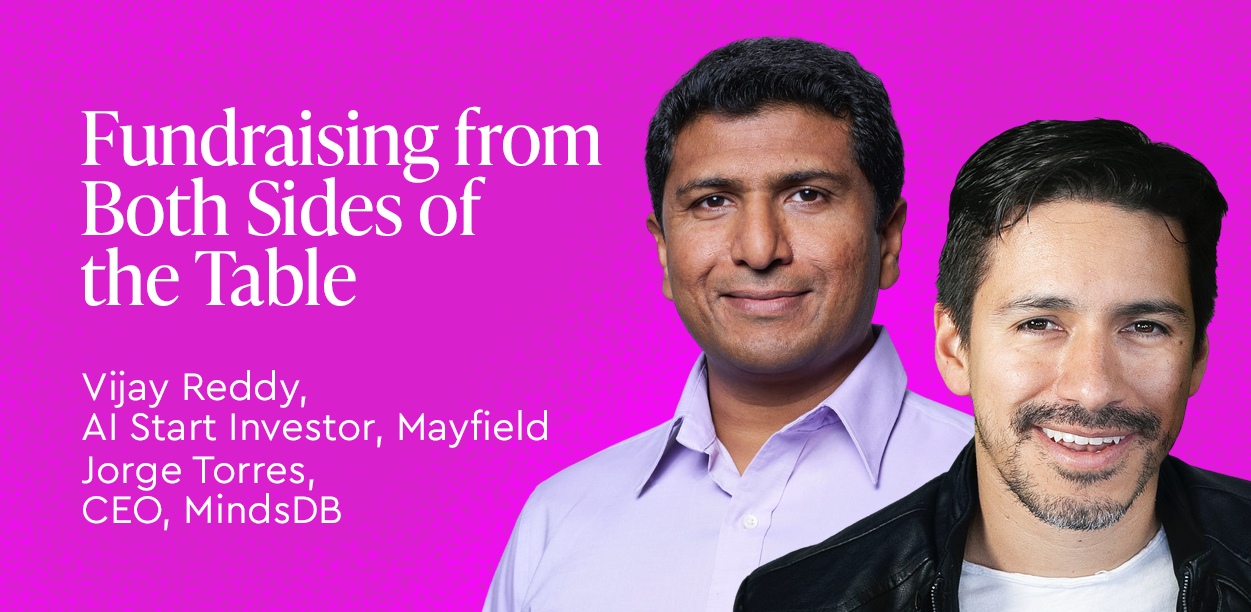Listen to the podcast here:
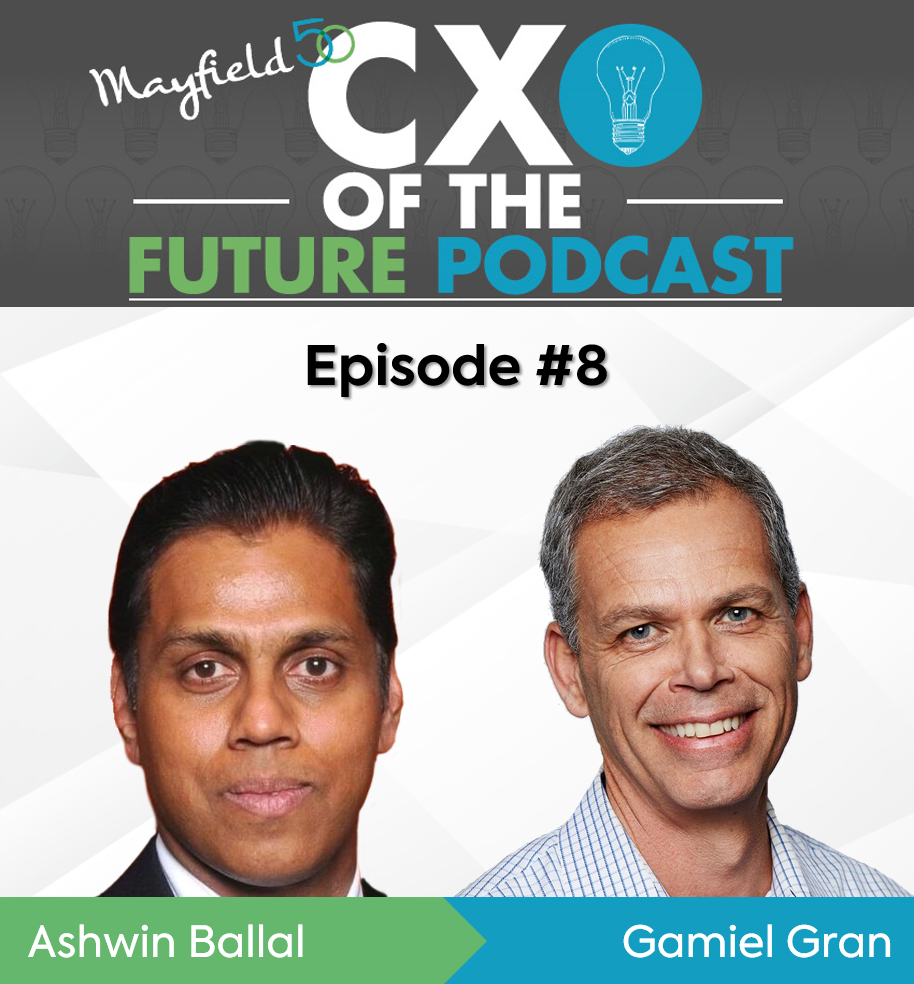
Today’s CXO of the Future Podcast features Dr. Ashwin Ballal, Chief Information Officer at Medallia, and a leader in the customer experience industry since 2016. He began at KLA-Tencor in 2000 and has held various executive and senior level positions in marketing, engineering, program and operations management. During his tenure with the company, he was also General Manager for the Macro Inspection Product Division with full P&L responsibilities. Before joining KLA-Tencor, Dr. Ballal held various senior management positions at Electroglas Inc., Keithley Instruments and Noran Instruments.
Beginnings
Ashwin grew up in an entrepreneurial family in Bangalore, the Silicon Valley of India. His parents promoted the sporting life, and Ballal and his three brothers enjoyed and excelled in competitive field hockey. In addition to schooling and athletics, he worked for his parents’ businesses and learned customer-centricity at a young age. After his undergraduate work in India, his parents bought him a one-way ticket to the US where he earned his doctorate and post doctorate degrees in Material Science and Engineering at the University of Maryland. He was offered an assistant professorship position, but his entrepreneurial spirit led him into a different direction.
“I decided that after learning about all of the technical stuff that I should learn the sales process.” In addition to his engineering expertise, Ballal developed extensive marketing and business development experience and was promoted to a number of leadership roles in marketing, engineering and program management.
Leadership
Ashwin’s experience as a goalkeeper for his field hockey team influenced the development of his leadership philosophy early on.
“The goalkeeper is a fantastic role because it gives you the perspective of the game from far away and then from up close. I learned to be a team player and then became a team captain. In other words, I was a follower before I became a leader. I saw what other leaders did and what kind of tweaks I could do to bring my own level of leadership. I try to bring those things into practice today. The ability of a leader to be able to zoom in when required and zoom out when required has been pivotal for me personally.” But while having strong leadership is important, Ashwin believes that the most crucial element to strong leadership is the team behind them.
“When I build a team, I build a team that’s complementary to me. I don’t like the same two people having the same skill set. The whole intent is to win collectively. It’s important to encourage team members to step out and step up and take leadership roles themselves.
Innovation
When Ashwin become CIO of KLA, he had just returned from India and after evaluating the organization, he felt very strongly that the operations should be outsourced to India.
“The people on my team thought I was totally nuts, but my intent was to make space for innovation. It was not a cost cutting exercise. It was a way to strategically transform the organization to do more innovative work and less operational work.”
Ashwin believes that many organizations are not innovative because they don’t have the time. They are all too busy firefighting when the firefighting can be done by other people not in your organization. Getting his team onboard for this disruption was a challenge.
“I’m doing this to transform this organization because that is what is required for KLA at this time,” he told them, “we need to up-level our roles and the only way to do that is to free everyone from doing operational tasks.”
When Ashwin joined Medallia in 2016, he took his operations strategy further.
“All of the support is now being done by a bot. Speed is important, and CIOs must be operationally efficient using technology to automate many of the things things that are manual today.”
Working with Startups
Ashwin works frequently with entrepreneurs, many times as their first or second customer.
“I build a strong relationship with the CEO. I get the CEO to commit to me that they will not fail. I tell them that I’m going to do everything possible, including providing my team and resources, to make things work right. I get the venture partner who funded this company to commit as well. I understand that not everything is going to be perfect, but I want to make sure that the startup addresses a problem before I bring the problem to them. If I’m the one who needs to bring a problem to them, they are done. I’m always upfront with that communication and none of the people I have collaborated with thus far have failed me.”
“When working with start-ups, I’m also clear with my team that there is no ‘us versus them.’ I set the expectation that working with the startup is going to be game-changing not only for them, but for our team as well. To be part of the success of a start-up is an uplifting and career changing experience.”
Metrics for Success
Ashwin believes that the operationally focused CIO is a thing of the past, and that the new milestone for success going forward is revenue generation. As such, he spends most of his time with the sales team and on go-to-market opportunities.
“If you are not able to transition from a cost support center into a revenue generation model you don’t deserve the role of the CIO. In every area of your business you have an opportunity to think boldly and say ‘How do I drive revenue? Especially in an era where digital transformation is on steroids.’ And if the CIO doesn’t own it then shame on them.”
Key Takeaways
1. Leaders need to be able to zoom in when required and zoom out when required.
2. Sales is the engine that drives everything.
3. Being part of the success of a startup is an uplifting and career changing experience.
4. The most important thing about being a leader is team behind that leader. It’s important to encourage team members to step out, step up, and take on leadership roles themselves.
5. Don’t let yourself or your people become too comfortable in their roles. Having a breadth of experience rather than a depth of experience is important for leaders of the future.





